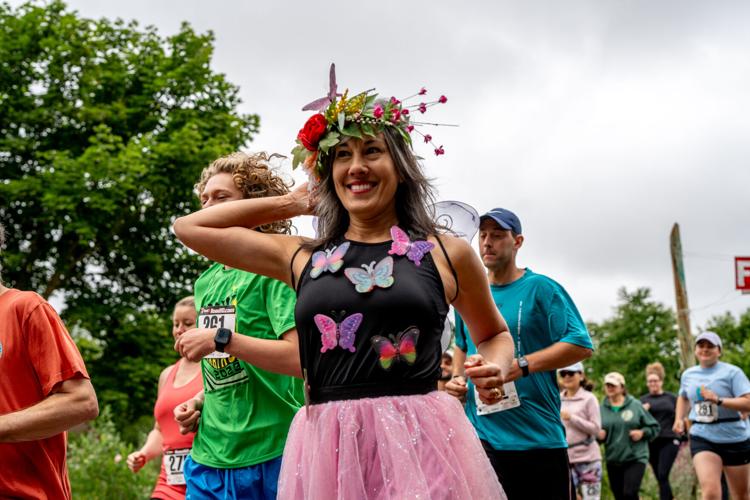
Runners begin the Butterfly Run Saturday in Elkton.
ELKTON — It was cloudy on Saturday morning when a group of dozens gathered at the Elkton Community Education Center to take part in the annual Butterfly Run, a community oriented event to kick off the summer season.
The event was started 16 years ago by John Bradley, an Elkton winemaker, and has continued since as a way to bring locals together.
“I knew John when I was a kid, and his involvement in the community for the schools, the other winemakers and the community in general, was just tremendous,” said Dan Burke, the mayor of Elkton.
Kendra Peterson, a worker with the Resource Assistance for Rural Environments program, operated by AmeriCorps, works with the Elkton Community Education Center to create health and wellness initiatives. Peterson helped organize the Butterfly Run this year as part of a larger effort to improve the wellness of Elkton’s rural community.
“I was asked to help with the butterfly run because it’s something they do every year, but it’s incorporated under the health and wellness umbrella, so it kind of fit with my work here,” Peterson said. “I’ve never done this before, so it was a new experience, but it was good. I think it was pretty successful.”
Visitors came from across Elkton and from beyond, including the Edmans family from Florence, who arrived in butterfly costumes to take part in the fun.
“It’s actually really well attended,” said Jayne Edman. “I had no idea about this, this is really fun.”
Why butterflies? Organizers said that the name came from the local monarch butterfly population, and has stuck ever since.
“June is the time of year when the monarchs [butterflies] start arriving in Elkton,” said Marjory Hamann, the executive director of the Elkton Community Education Center. “So the event, it’s really about us all conjuring the butterflies, telling them they’re welcome here. It’s just a big, big celebration.”
After the 5k took place in the morning, visitors were able to take part in a butterfly costume contest, shop from a number of local vendors and listen to live musical performances.
Will Geschke is a multimedia reporter for The News-Review. He can be reached at wgeschke@nrtoday.com.
This article first appeared on The News-Review and is republished here under a Creative Commons license.
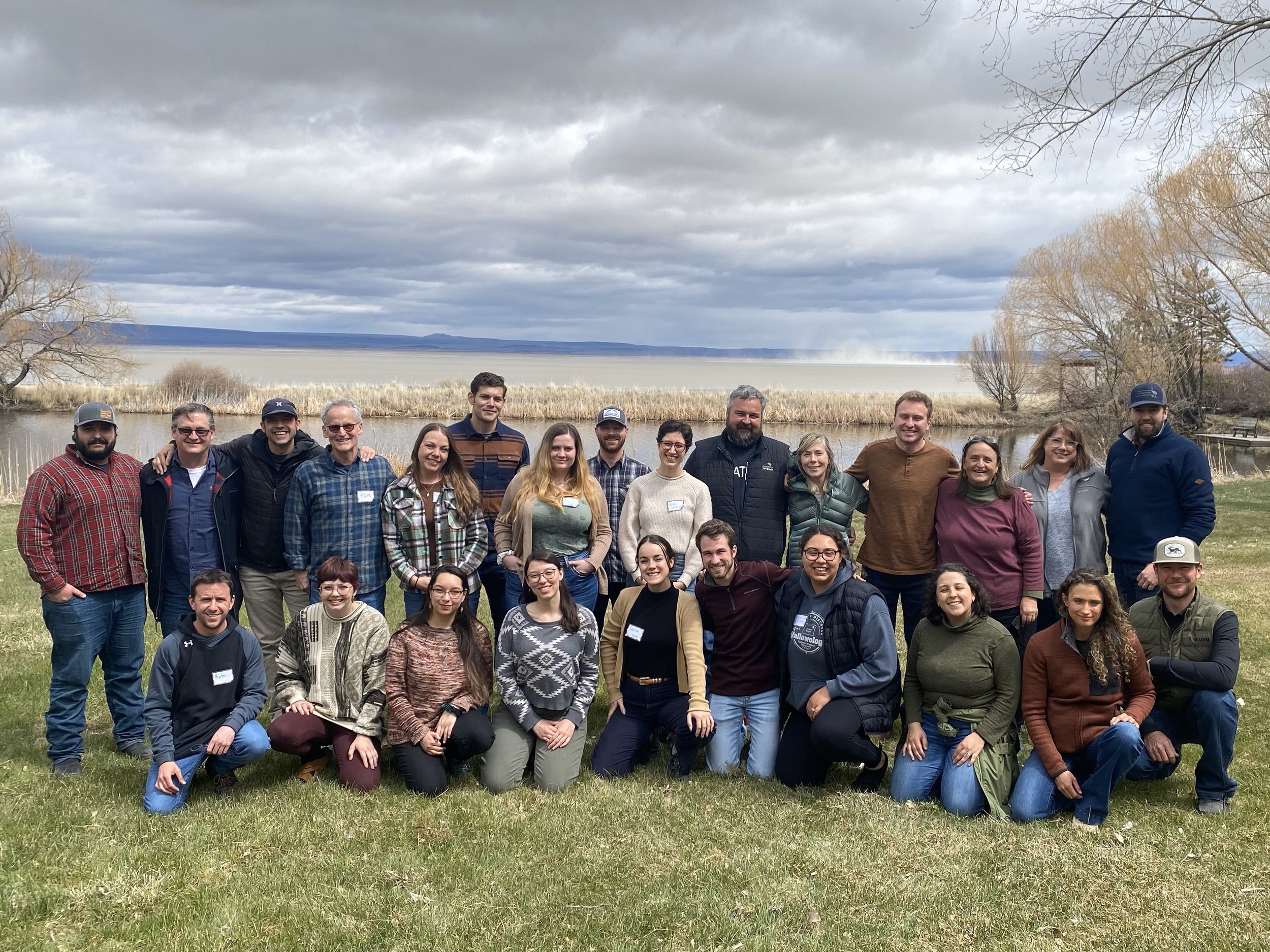


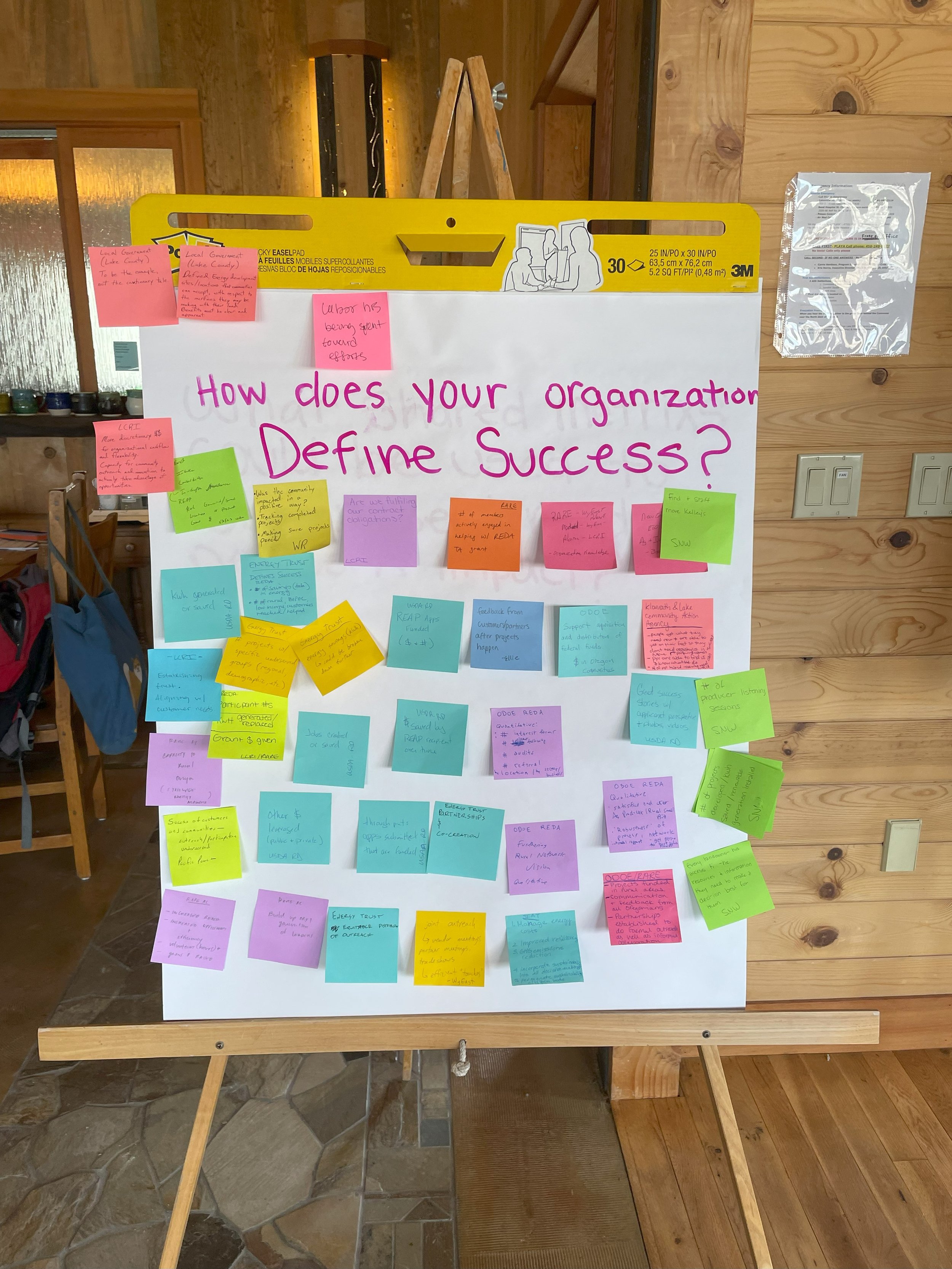
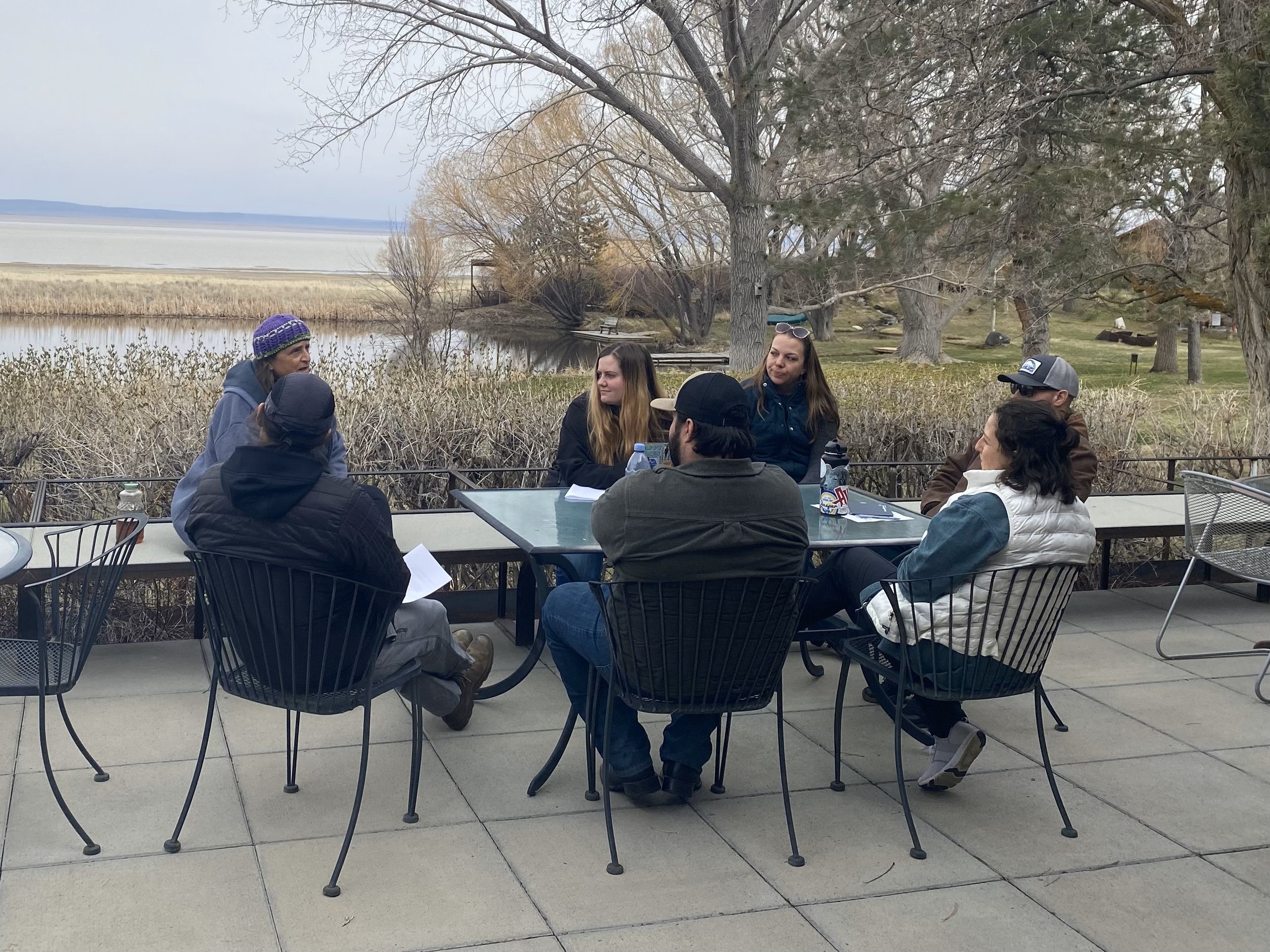
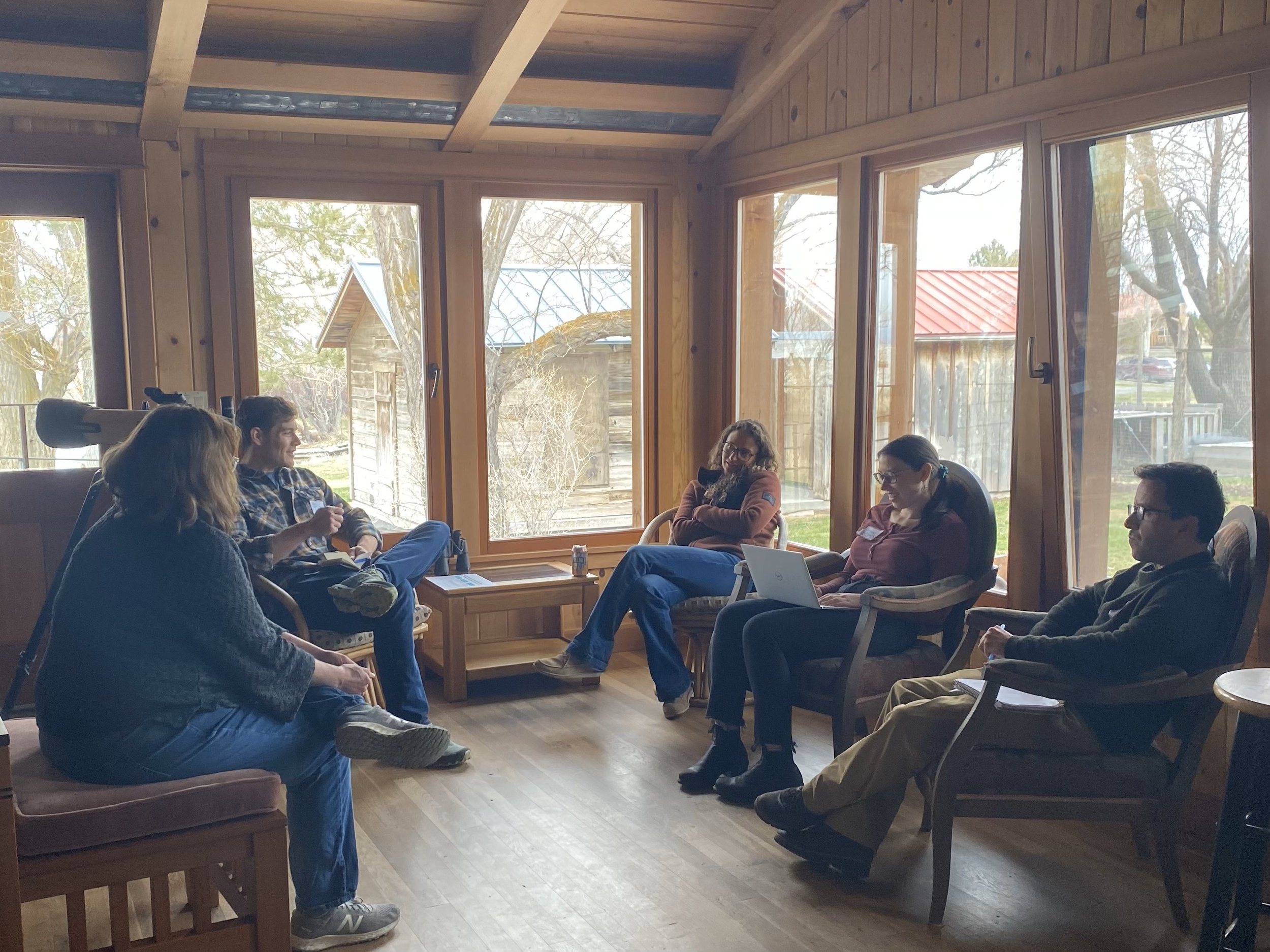
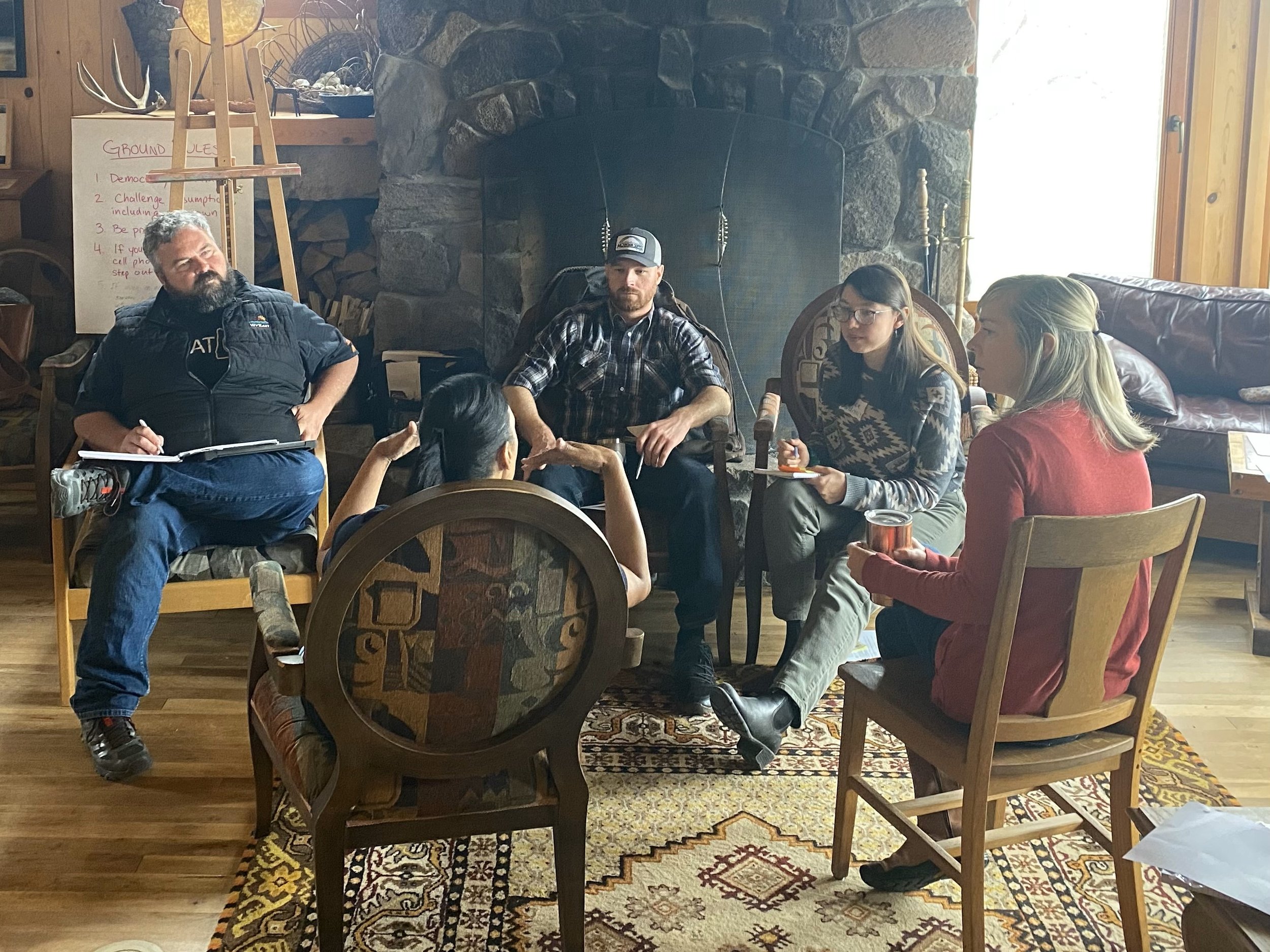
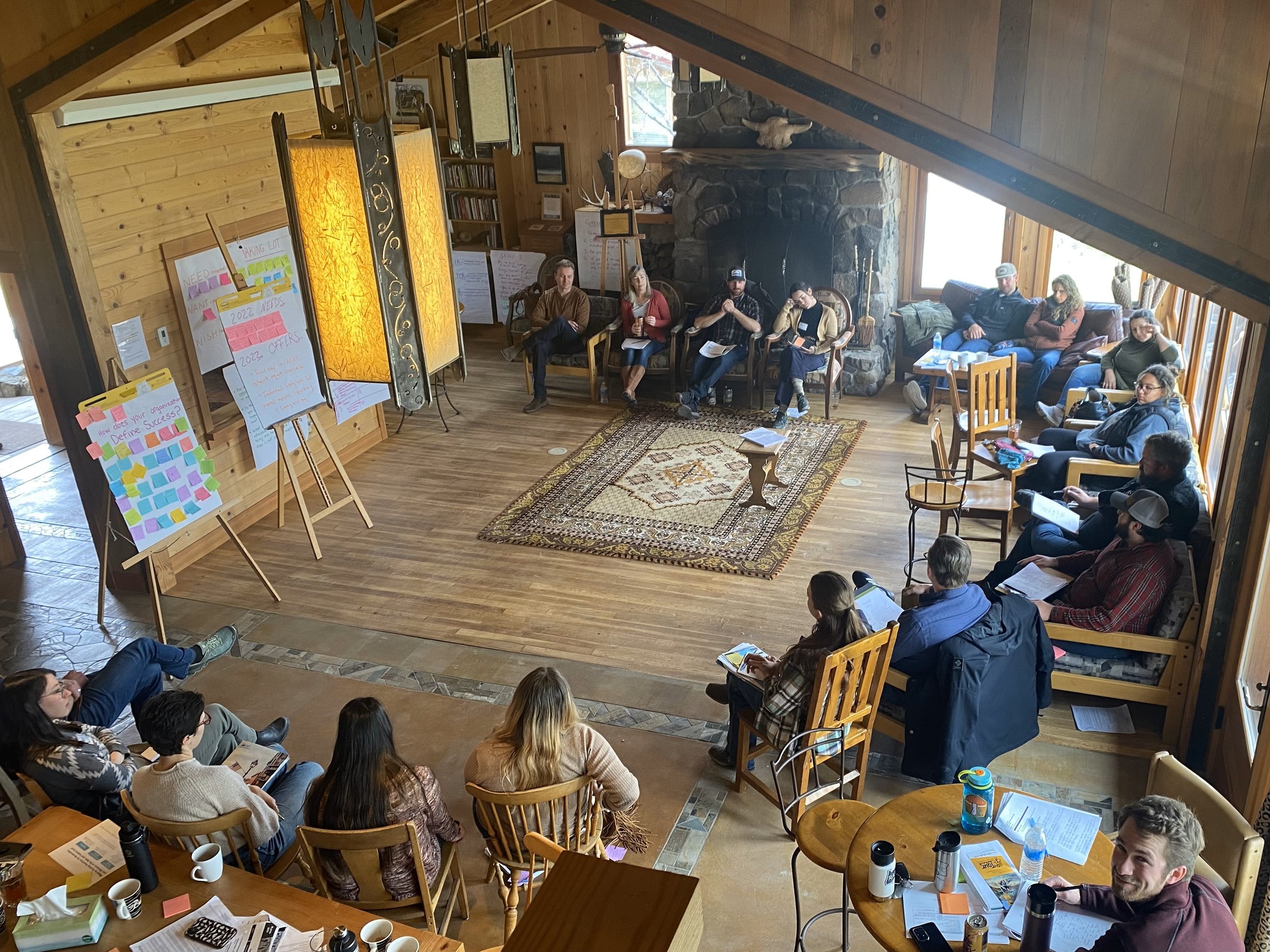
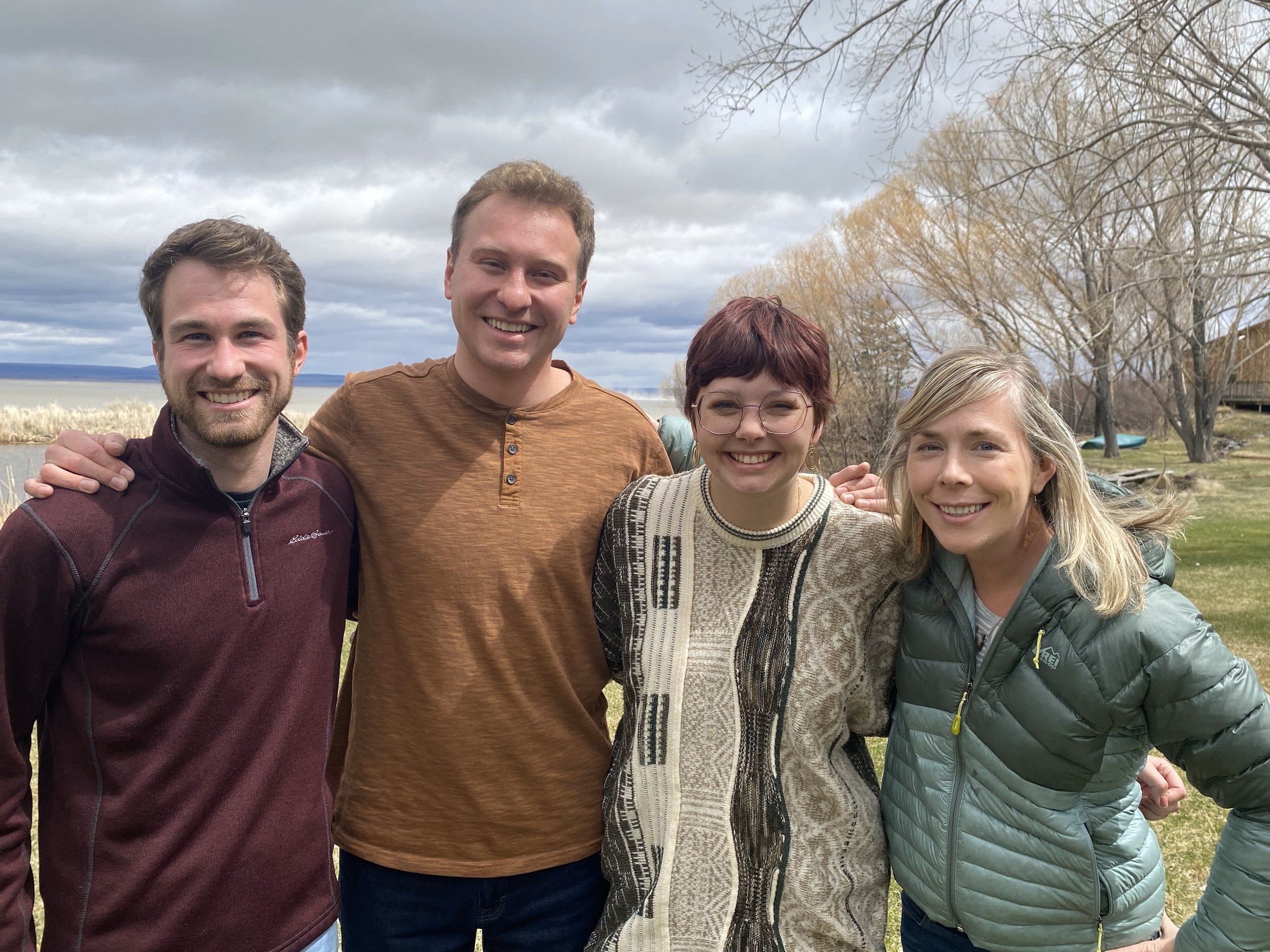
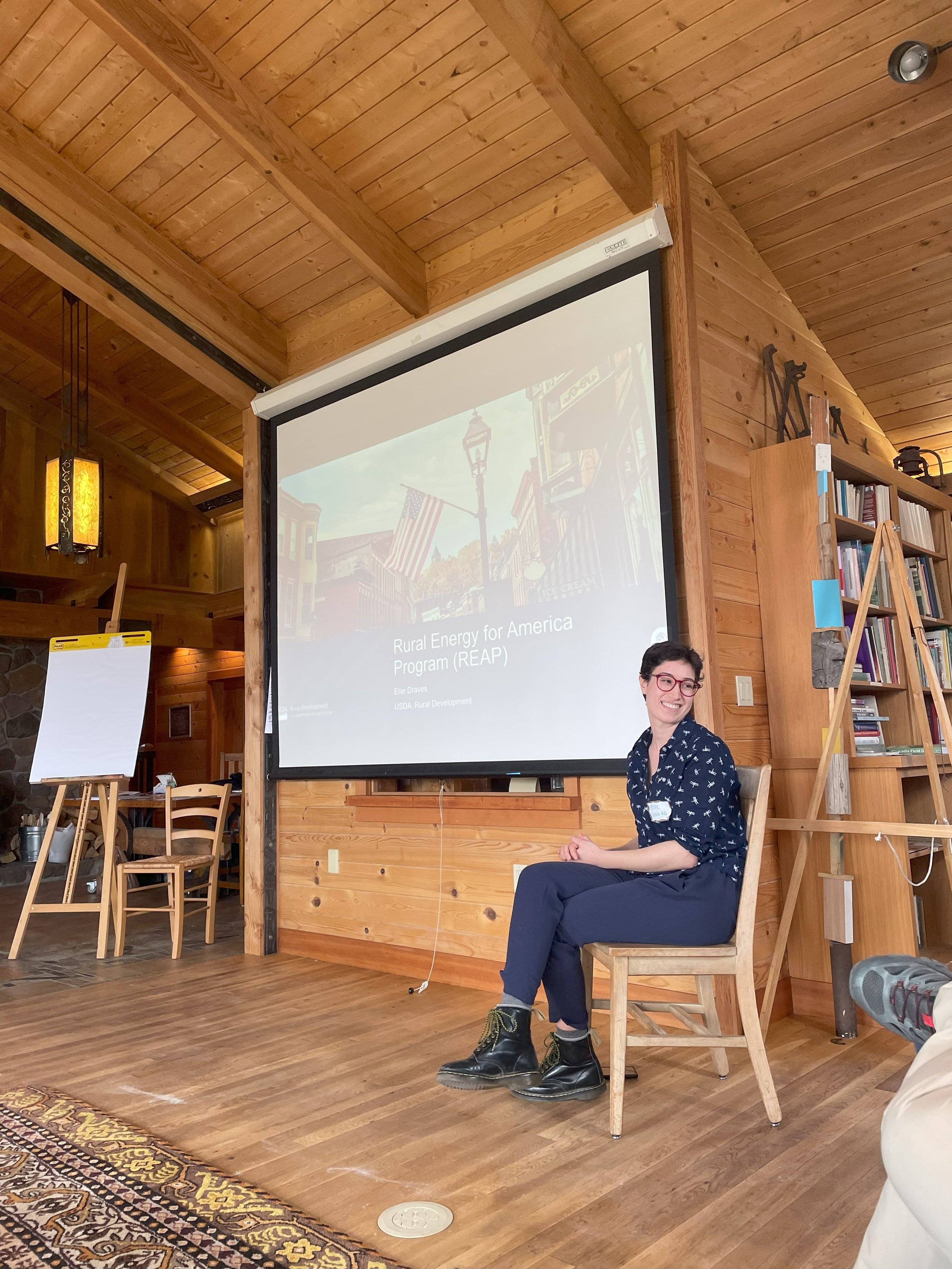
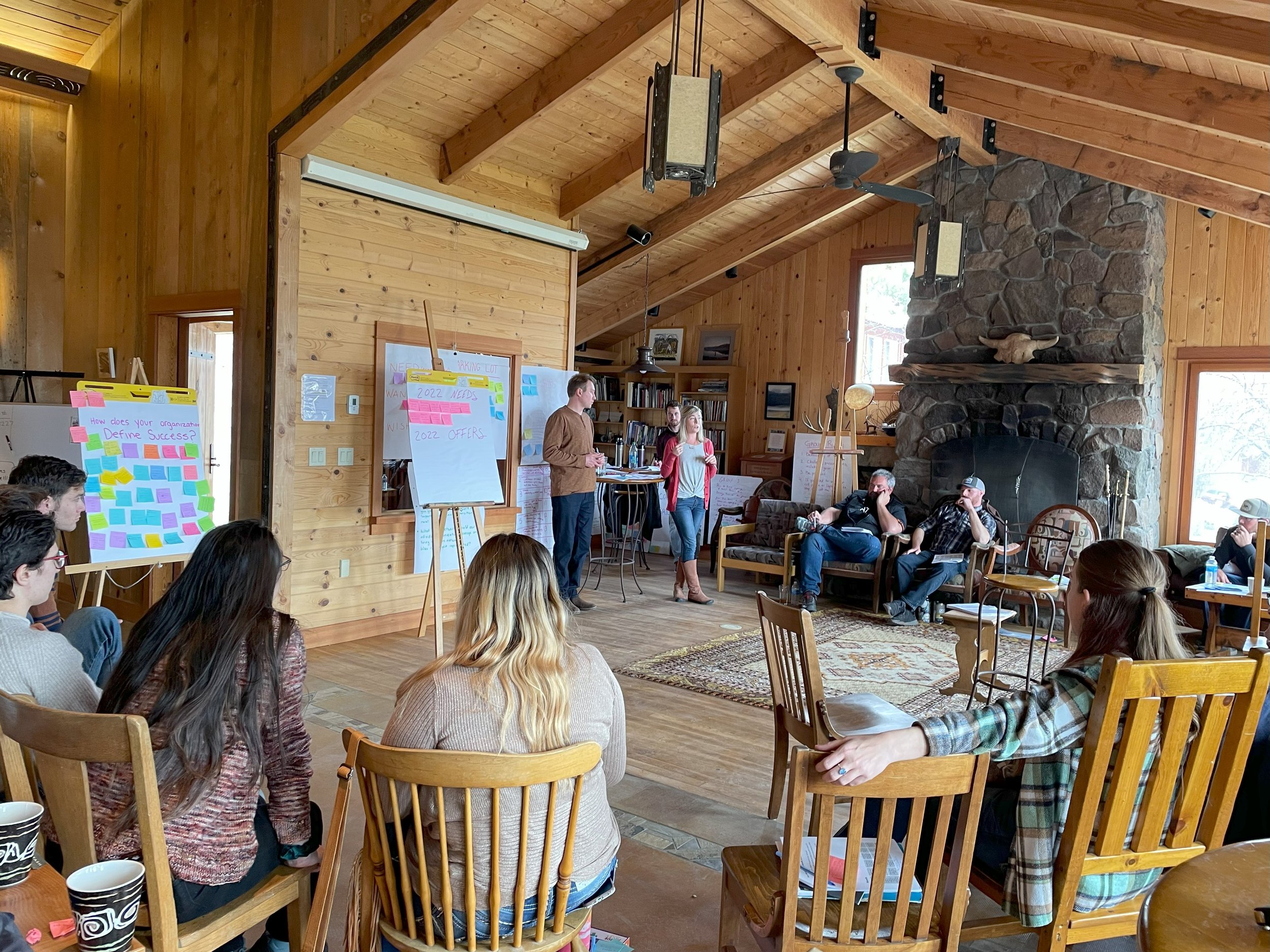
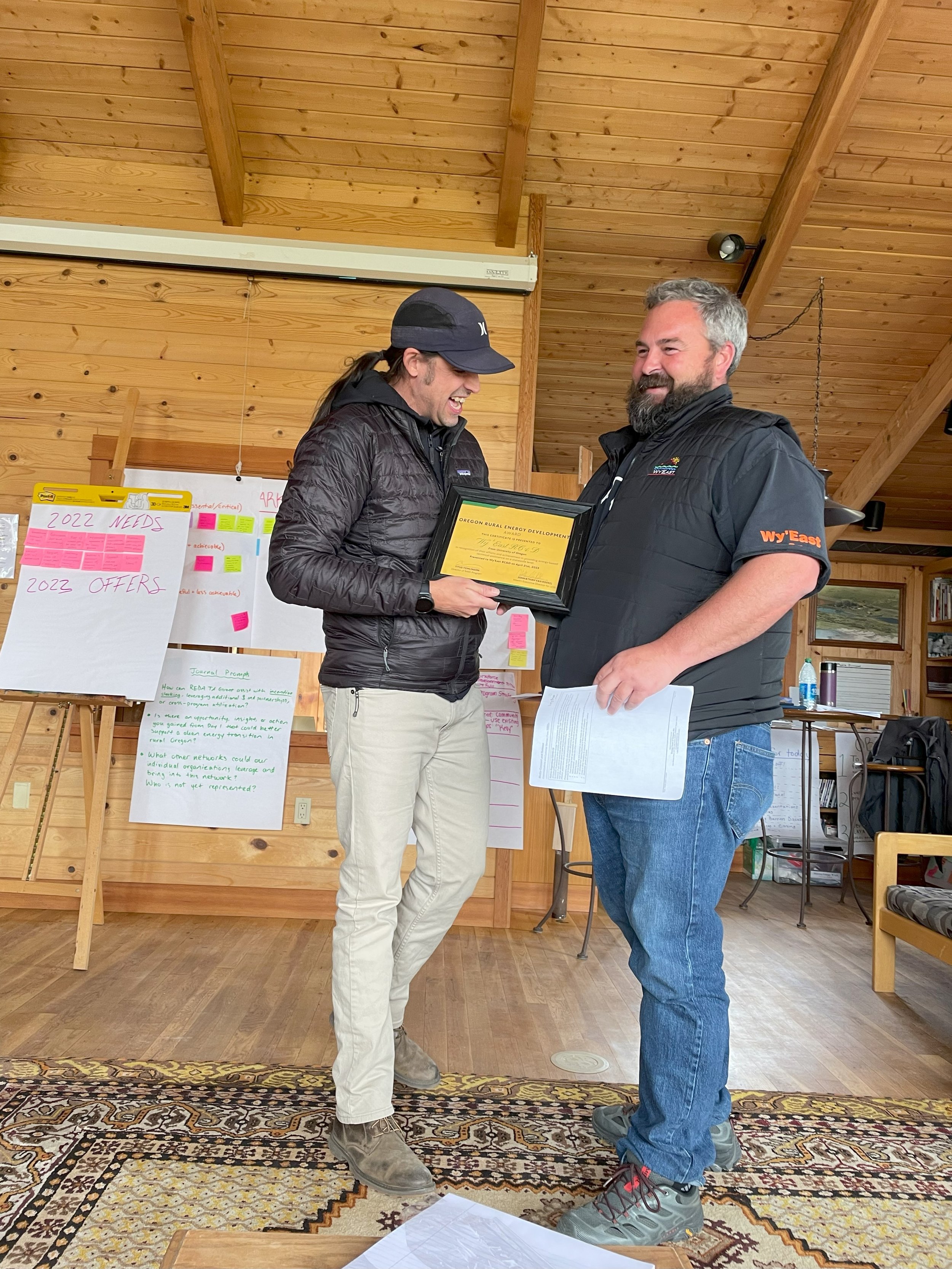
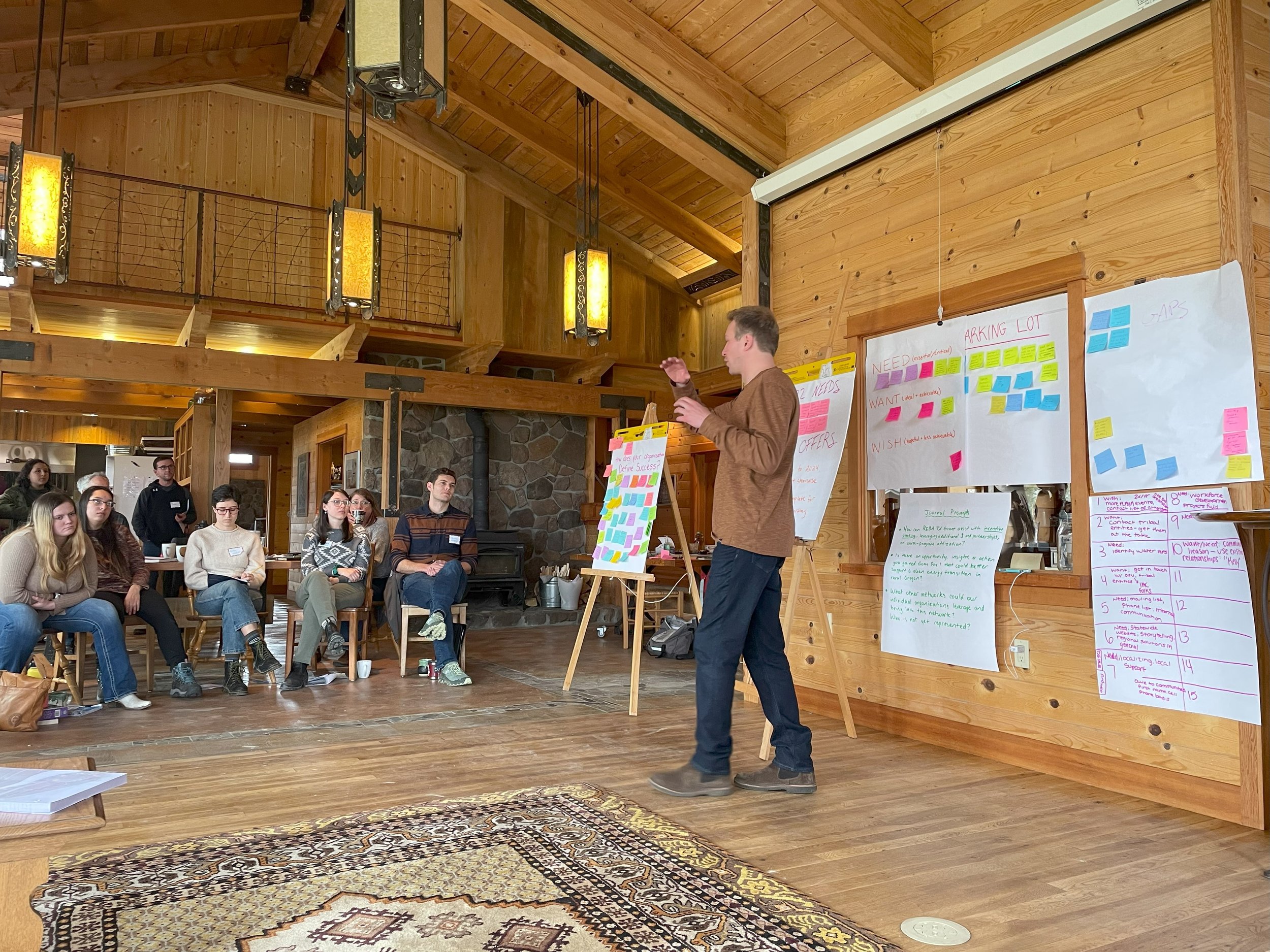
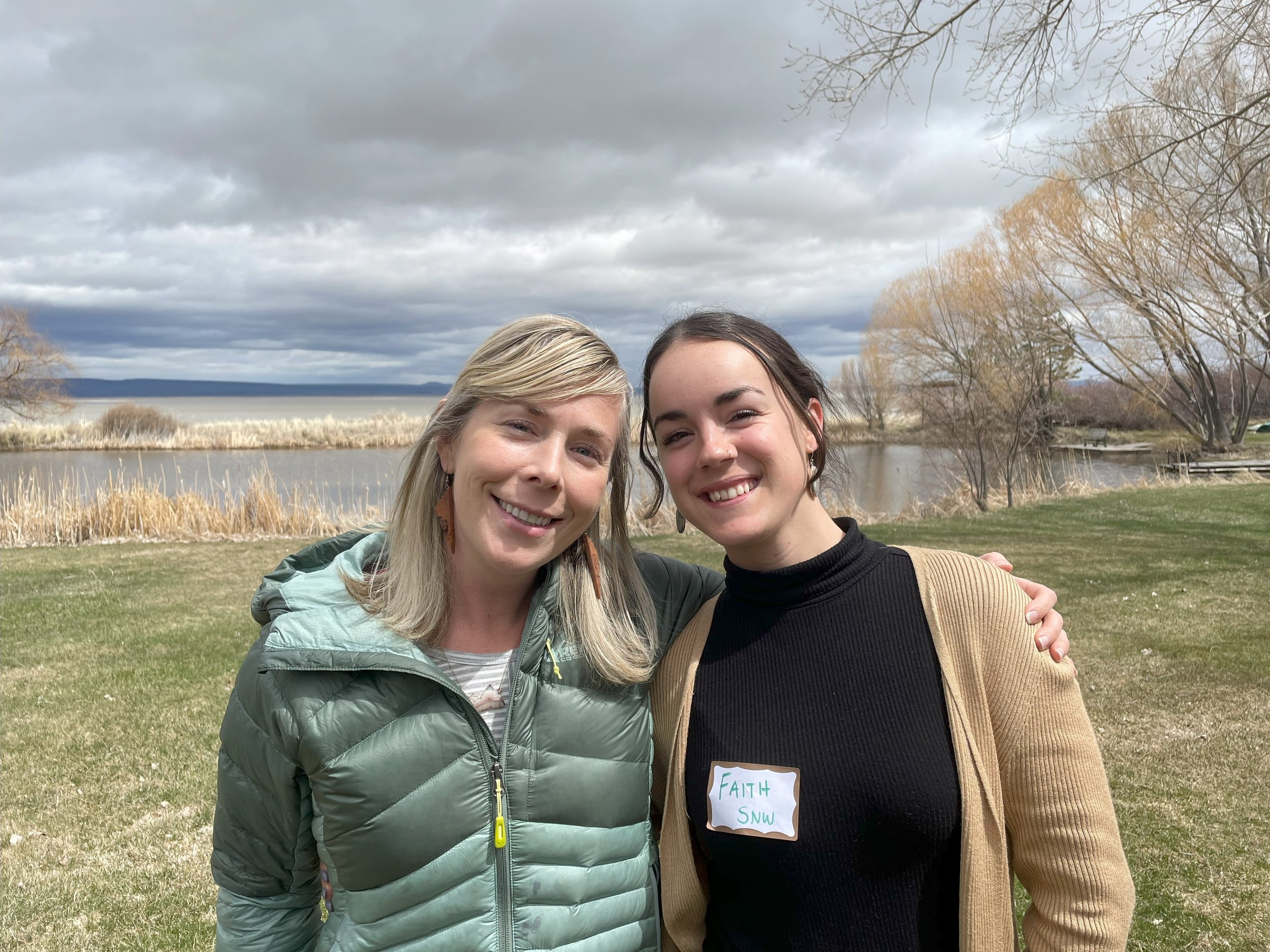
 Twitter
Twitter Facebook
Facebook